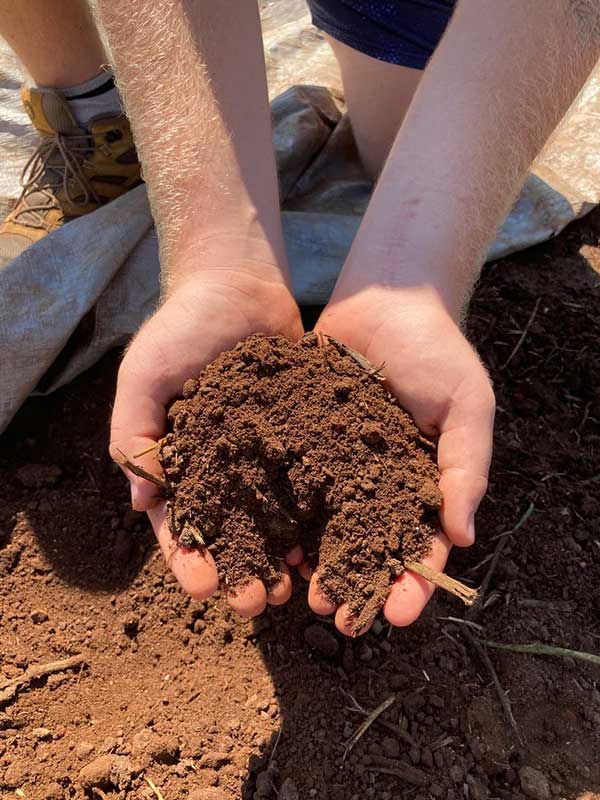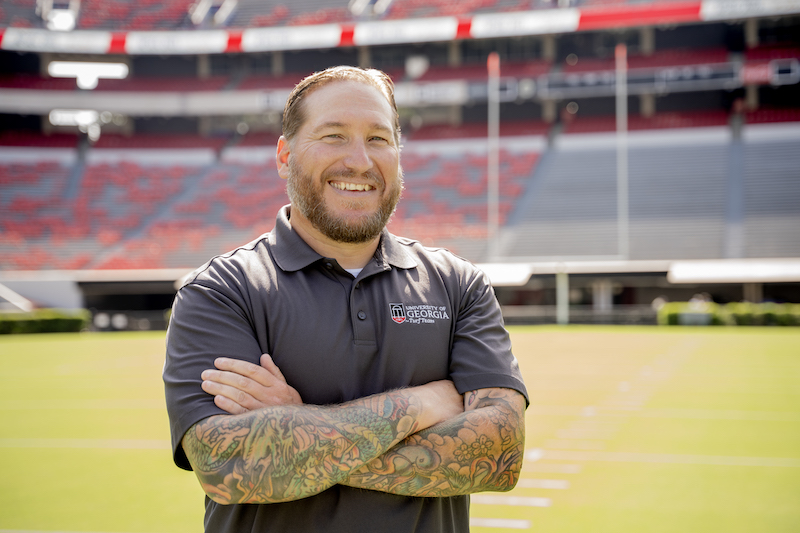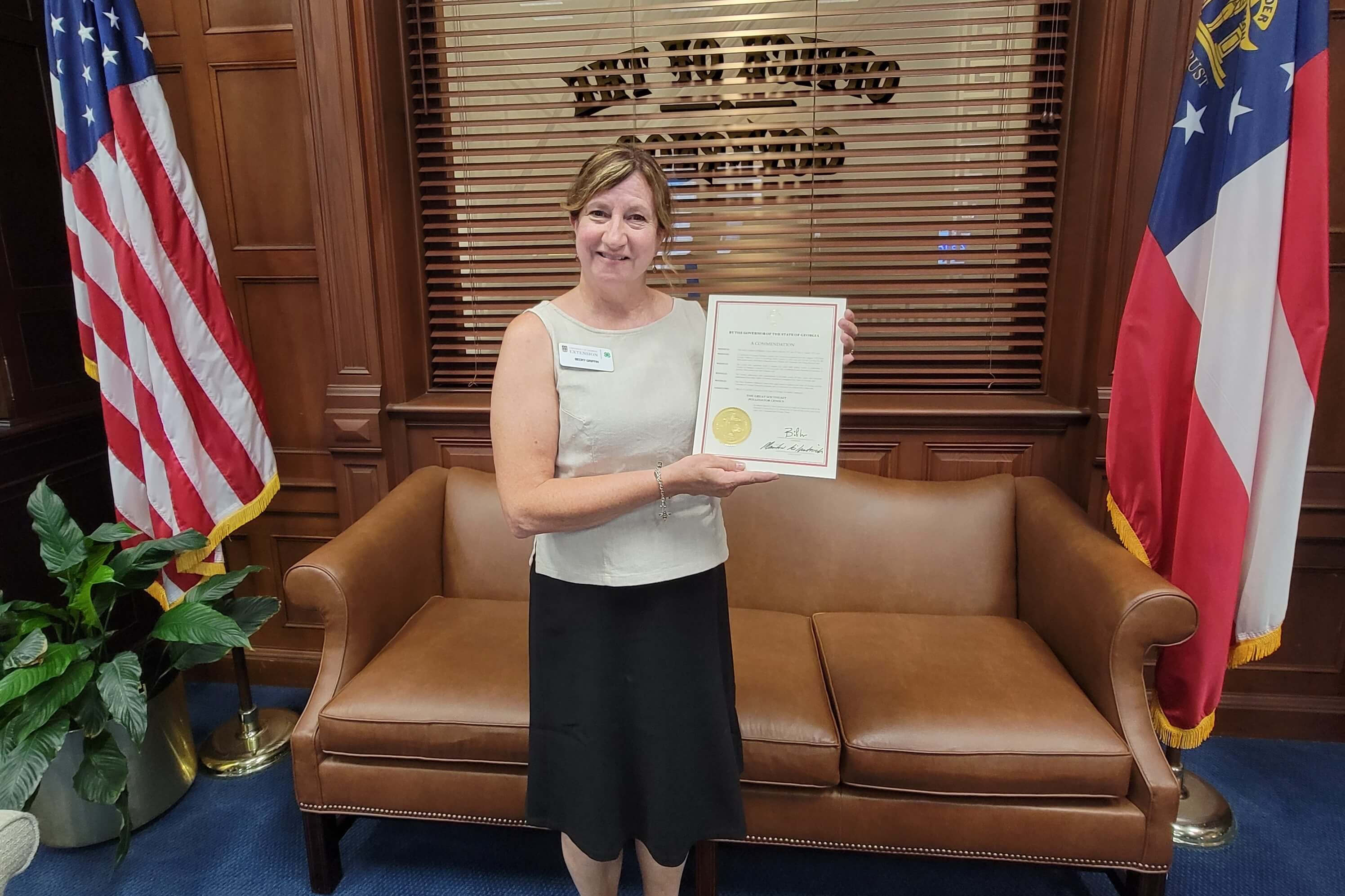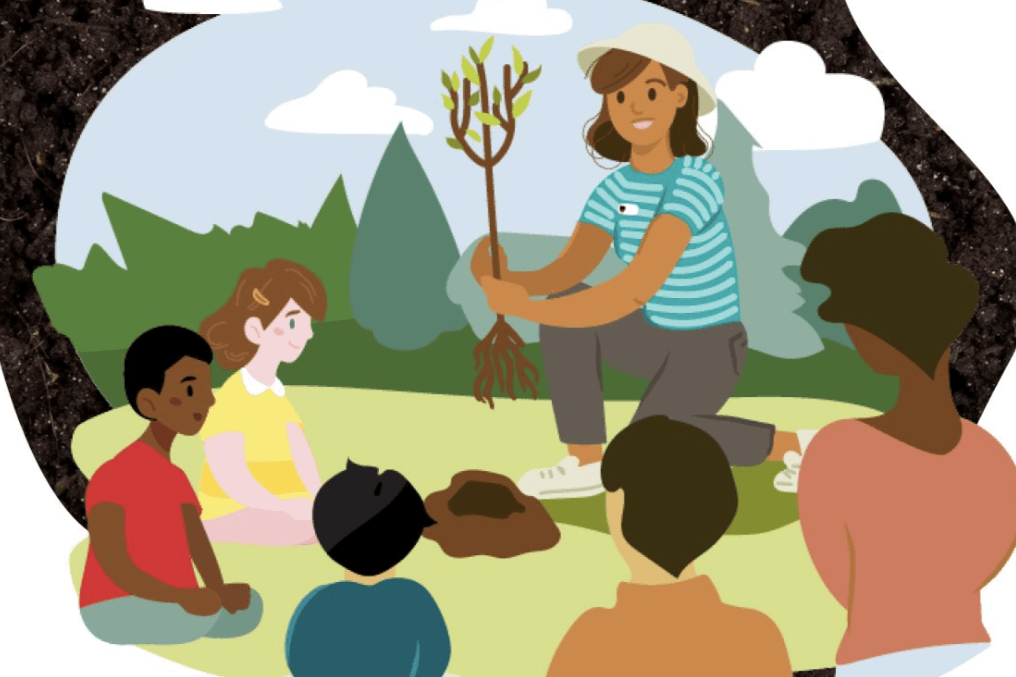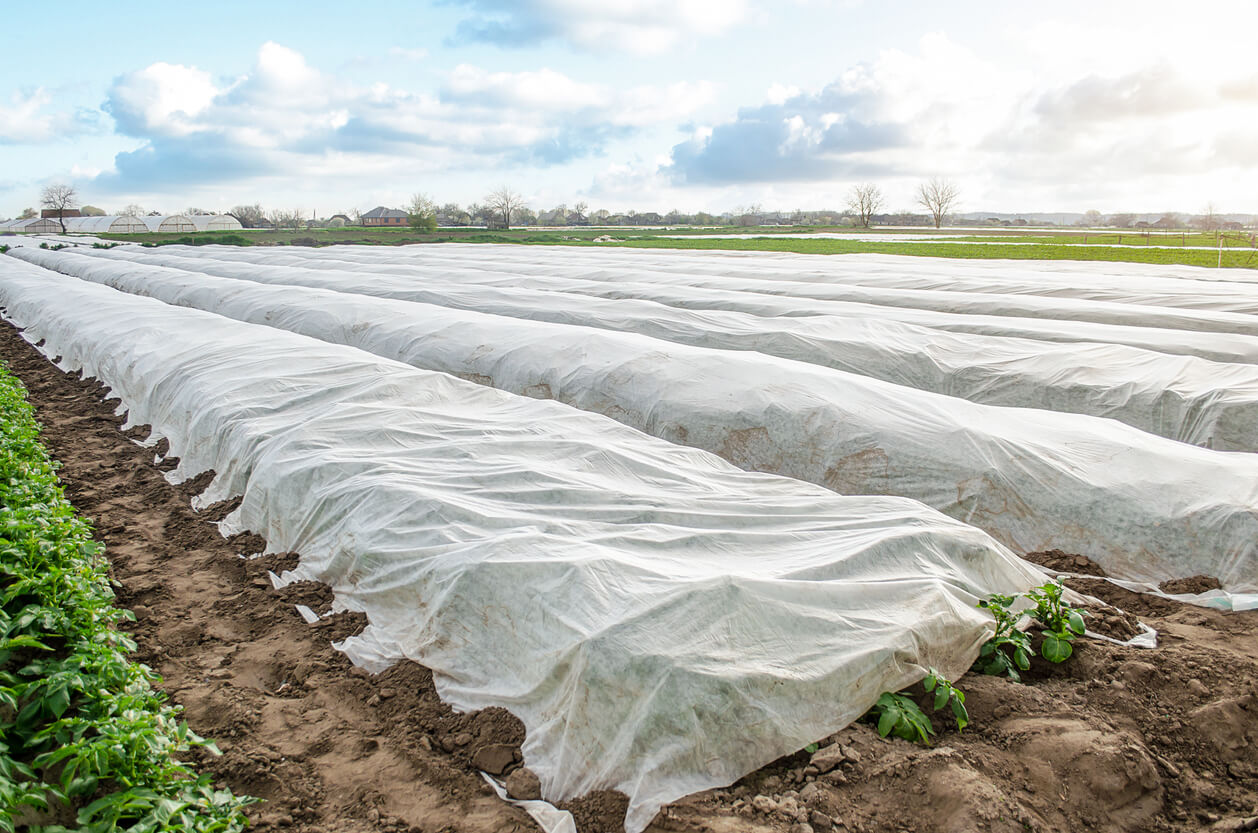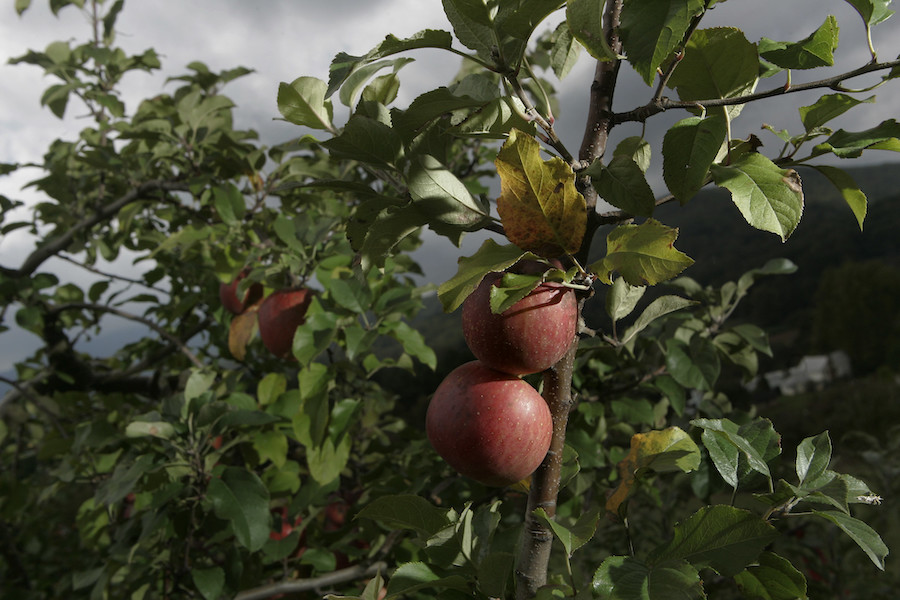Have you ever found yourself holding an empty aluminum can or plastic bottle with no recycling container in sight? University of Georgia researchers have developed a mobile app for that.
WeRecyle is an application built by UGA College of Agricultural and Environmental Sciences engineers to help people find recycling bins closest to them in town.
“On-the-go recycling and litter avoidance are pressing issues,” said Jenna Jambeck, assistant professor of environmental engineering at UGA and one of the apps’ developers. “Our app allows users to not only find somewhere to properly manage trash if needed, but also to encourage them to recycle it. Instead of throwing a recyclable in the trash, they might find a recycle bin just around the corner.”
According to the U.S. Environmental Protection Agency as much as 40 percent of waste is generated outside the home. Of that, 38 percent is paper, 29 percent is plastic.
The application connects to Google maps and shows a circumference around the user providing step-by-step directions to the nearest recycling bin or trashcan. The community-based map began with the mapping of trashcans and recycle bins on the UGA campus in Athens, Ga. Other communities can download the app and log their own cities.
“We are looking for communities to send us data on or log their bins. We need them to help us populate it,” she said.
Recycling efforts will eventually be posted on the WeRecycle website at http://werecycle.engr.uga.edu/.
Communities can register with WeRecycle and share recycling and trashcans locations. If communities have the information it can be imported into the app. WeRecycle can share the information in a format that can be incorporated into city maps. Citizens can also communicate their recycling needs.
“WeRecycle empowers you to tell your community where bins and trash cans need to be located,” Jambeck said. “We are reaching out to communities and having them engage with their leaders and communicate these needs.”
Event planners can register with WeRecycle and map the locations of temporary bins for events. Planners can also receive instant feedback from attendees, letting them know if the bins are located in the best areas.
“When placing bins as a coordinator, you try to put yourself in the shoes of a user, but you don’t necessarily know they are placed correctly until you notice litter, low recycling rates or contamination of recycling with trash. This app allows you to get feedback from your users before that happens,” she said.
WeRecycle was created as a part of a research project funded by the Environmental Research and Education Foundation and supports the EPA’s Recycling on the Go Initiative. Jambeck and co-developer Kyle Johnsen, along with graduate students Eliana Mozo-Reyes and Arya Basu, are conducting the research.
Jambeck and Johnsen are using the app in a case study to “examine the impacts to recycling in public areas in response to a combination of technological and psychological stimuli,” she said.
WeRecycle is a contestant in the challenge.gov contest. To vote, visit http://appsfortheenvironment.challenge.gov/submissions/4642-werecycle . Voting ends Oct. 7.
WeRecycle is the second app launched by UGA engineers to tackle litter issues. Marine Debris Tracker was launched in April to raise awareness about marine debris and decrease litter around beaches. The app has been downloaded more than 2,000 times with more than 5,600 debris items logged. For more information, see the website www.marinedebris.engr.uga.edu.
To watch a video about WeRecyle go to http://youtu.be/0v2iNr_y3t4.



